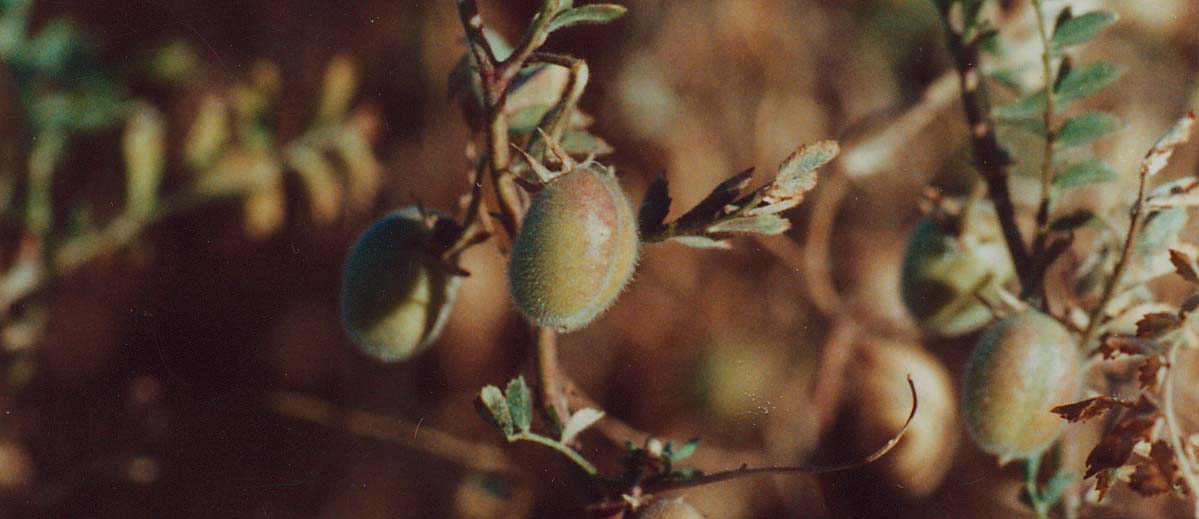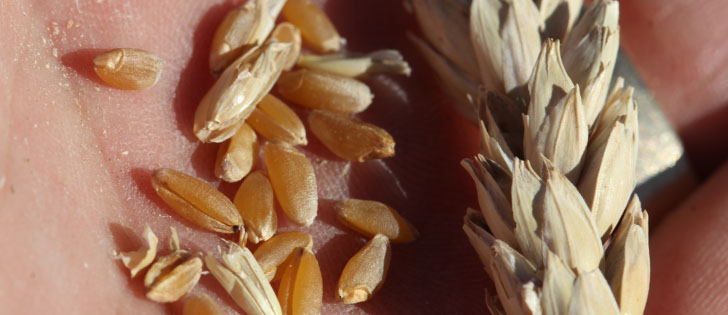A group that represents Manitoba’s winter wheat growers will likely lobby for a one-year extension on the reassignment of CDC Falcon, which accounts for most of the province’s winter wheat acres.
Jake Davidson, executive director of Winter Cereals Manitoba Inc., said producers are concerned that removing CDC Falcon from the Canadian Red Winter Wheat class could significantly affect the province’s winter wheat industry.
Falcon is scheduled to move to the Canada Western General Purpose class Aug. 1, 2013, but it is still unclear whether a suitable replacement variety will be available before the deadline.
Read Also

Government, industry seek canola tariff resolution
Governments and industry continue to discuss how best to deal with Chinese tariffs on Canadian agricultural products, particularly canola.
Falcon is suited to Manitoba growing conditions. It accounted for 76 percent of the province’s winter wheat acres in 2010 and is still grown and distributed widely.
“I would say Winter Cereals Manitoba Inc. will definitely be lobbying for a minimum one-year extension,” Davidson said.
“We’ll be doing our darnedest to get that extra year.”
The Canadian Grain Commission has indicated it will consider extending the deadline if sufficient quantities of a suitable replacement variety aren’t available, but it has yet to receive a formal request for extension.
Meanwhile, growers in Manitoba and parts of eastern Saskatchewan are watching two potential replacements.
AC Flourish was developed by Agriculture Canada cereal breeder Rob Graf at Lethbridge and will be distributed through SeCan.
It is completing its first year of multiplication, and pedigreed seed will be distributed to SeCan members in the next few weeks, said business manager Todd Hyra.
“Given the fact that it is seen as … a potential replacement for Falcon , I’m not sure if there will be enough to satisfy all of that (farmer) demand in year one (2013) or whether it will take 2014 to fill up all that demand,” Hyra said.
Graf said Flourish performed well in registration trials, yielding three to four percent higher than Falcon.
Protein was about one percent higher and maturity and winter hardiness were similar.
The variety also has good milling and baking properties, good test weights, intermediate resistance to leaf and stem rust and moderate resistance to common bunt.
Straw strength is slightly better than Falcon, but height is four centimetres taller.
“Growers in the Red River Valley and in the eastern Prairies certainly like varieties with shorter straw, but four centimetres, being less than two inches, shouldn’t be a problem,” Graf said.
Another line from Graf’s program, W454, is expected to be registered as Emerson later this year.
Canterra will handle distribution, and seed supplies should be available by the fall of 2014.
Emerson, which is also touted as a potential replacement for CDC Falcon, was rated R for fusarium resistance during three years of co-op testing.
Growers on the eastern Prairies continue to struggle with fusarium, so Emerson’s R rating could be a major selling point, said Graf.

















